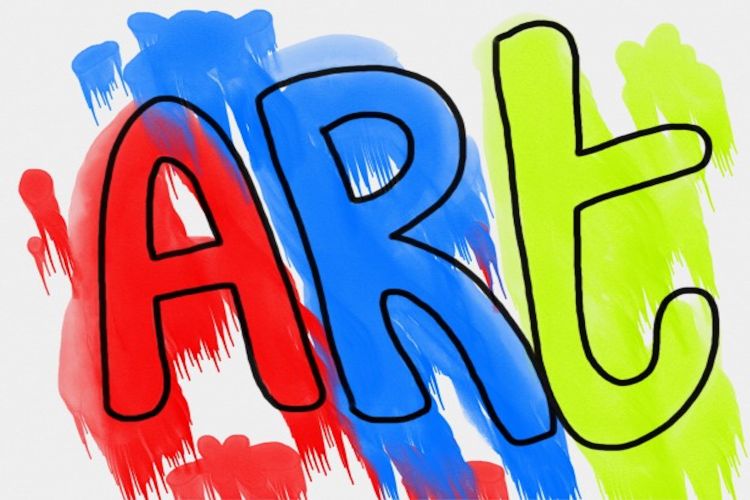Year 9 is seen as a year where students should be EXPANDING and CHALLENGING themselves through taught courses.
The aim is to allow students greater freedom to build on the skills and confidence gained in Yr 7 and 8 and begin to have greater opportunity to push the projects in the direction they wish by finding artists and styles that interest them. The ideas of choice should be fostered but supported by the teacher. Open-ended themes and questions may be introduced. The teacher will continue to make sure skills are driven and are challenging. It is expected that students reinforce their abilities and understand importance of involvement in their education.
Homework is important in year 9 as it used to support the learning in lessons ie drawings at home. Due to the nature of these self directed projects students are EXPECTED to bring imagery to lesson to work from when developing work ie through collage.
Students will be given access to a range of skills dependent on the teachers specialism.
Project themes are flexible in Yr 9 so that work can reflect issues and events that occur, which students may feel they wish to respond to.
|
TERM |
PROGRAMME OF STUDY | ASSESSMENT TASKS |
| AUTUMN |
Students begin Year 9 considering the art produced on the Isle of Man. The work of Archibald Knox and Art Nouveau designs form the initial investigations. Rope drawings are used to explore twisted and interlocking objects. Students are encouraged to consider designs produced by the Celts and presentation techniques are taught through pencil crayon and oil pastel. Design work is encouraged through repeats, rotations, and considering axis of relection or rotation. Ceramic design encourages 3d design, incised and relief decoration Final pieces reflect the teacher specialism –
|
|
| SPRING |
Open ended project (based on IGCSE questions) - Stacked / Icons / Exploring pop art and Icons Spring term projects begin to introduce students to IGCSE type questions. It is hoped that students will be able to get a taste for what IGCSE could be like for them. A design brief is given and initial research is supported by the teacher. Drawing is encouraged again through pen, pencil and ink Artist investigations are encouraged to support understanding of theme. Student will be taught how to arrange designs based on their imagery Explorations in media are encouraged so a choice is evident A series of designs is expected that reflects the imagery gathered and explored by the student. Final pieces will reflect the individual students taste and selection |
|
| SUMMER |
Independent project (Response to open question) - i.e. BLACK and WHITE / Talking without words.
The final project of Key stage 3 is again an open response to the theme. Students will be given the opportunity to use the media of their choice to explore their own response to black and white. Emphasis is given to primary source through observational drawing but students now may wish to use secondary sources to expand their ideas. Artists will be explored and students will be encouraged to research and investigate the art style they like. Students will be encouraged Final piece – Student directed |
|
